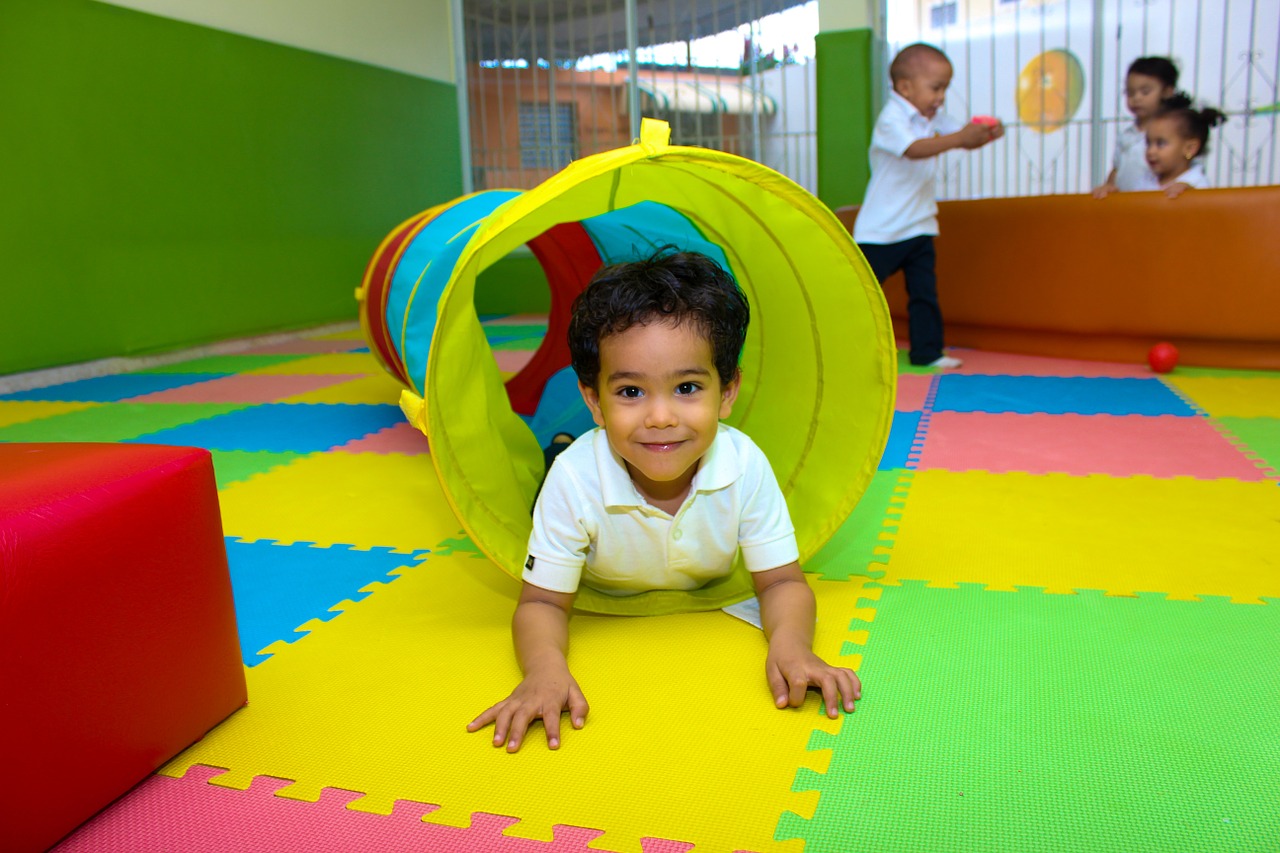
“You can discover more about a person in an hour of play than in a year of conversation.” – Plato
Over my years of teaching, both in Early Years and Primary, parents often ask what they can do to help their young child at home. My answer is always the same: let your child play and play with your child.
As Early Years teachers at Garden International School (GIS), we are fully aware of our role to enhance and enrich the play opportunities. A good portion of our time is spent observing the children and interpreting the learning that is taking place to establish development steps.
Scientific evidence has proved time and time again that play is the most powerful means by which children learn from a young age. The abilities to use and develop creativity, dexterity, imagination, physical and cognitive strength, to control their own impulses and emotions (self regulation), to get along with others and co-operate effectively are learned and practised by children during play. Children who are able to manage their feelings and pay attention are better able to learn. These are the most important skills that children must learn. Play is the natural means by which children educate themselves. Children who are able to initiate and enjoy self-directed play are also more likely to be confident and sure of themselves. Time spent in imaginative play helps children to develop a critical cognitive skill called executive function, which is an indicator of success in school.
Over the past couple of decades, children have had decreasing opportunities for free play. Pressure for good results have increased, children are taking classes both academic and as hobbies outside school hours and concerns over safety have led to play-dates with adults present, which have replaced unsupervised outdoor play. All of these have resulted in a change in the way children spend their free time. There is less time for free play and children are less likely to solve their own problems, less creative and less likely to control their own emotions.
My recommendation is therefore that you allow your child time to take part in free, uninterrupted play. By this I mean play with ‘true toys’, which allow for imaginative play and time for creative thinking. Toys such as blocks, dolls and good oldfashioned cars allow children to use their imaginations fully. Passive toys that require limited imagination, e.g., computer and video games and anything that involves the television or, toys that do all the work for the child (such as electronic toys) have none of the benefits that true toys do.
It is essential that children have time for play. You can help by decreasing the amount of structured activities that your children are involved in, allowing them time to decide for themselves what it is that they want to do. They need time to make their own choices and even need time to get bored, therefore having to make decisions as to what it is that they themselves want to do. It is also important that you yourselves take time to join in with your child’s games and fi nd out more about your child. Childhood is a precious time, and it’s gone before you know it.
Sue Horne
Head of Early Years,
Garden International School,
Kuala Lumpur
"ExpatGo welcomes and encourages comments, input, and divergent opinions. However, we kindly request that you use suitable language in your comments, and refrain from any sort of personal attack, hate speech, or disparaging rhetoric. Comments not in line with this are subject to removal from the site. "




















